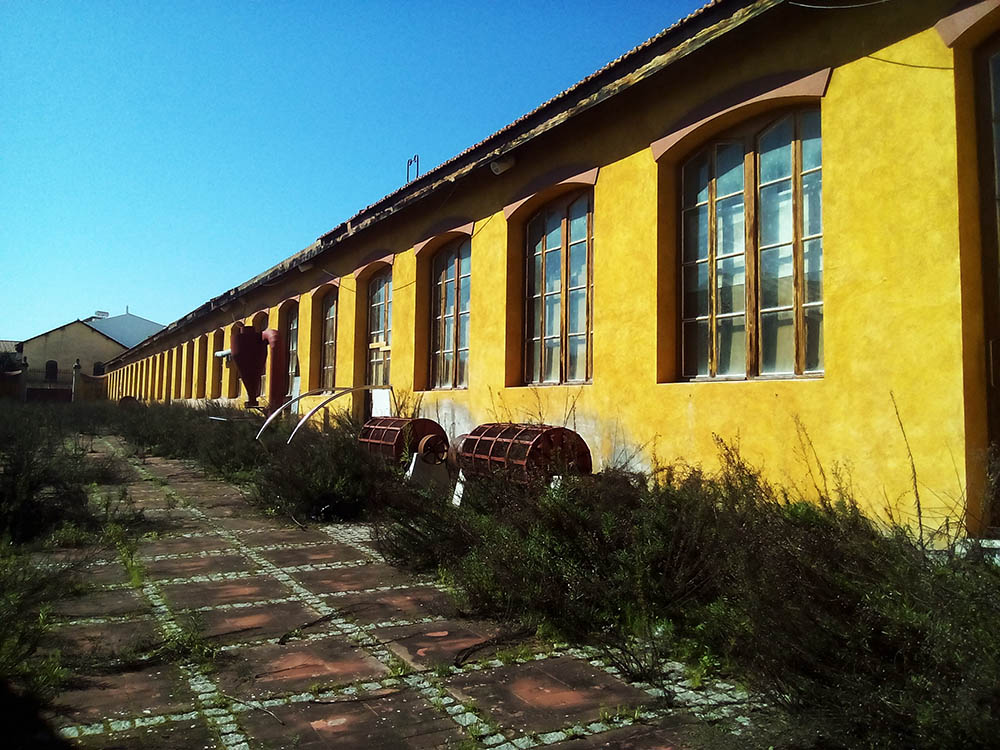 The process for the classification, with a national degree, of the Fábrica do Inglês, including the Cork Museum and its mobile collection, in Silves, was sent on Friday to the Directorate-General for Cultural Heritage, which is the entity to who is responsible for opening the classification procedure.
The process for the classification, with a national degree, of the Fábrica do Inglês, including the Cork Museum and its mobile collection, in Silves, was sent on Friday to the Directorate-General for Cultural Heritage, which is the entity to who is responsible for opening the classification procedure.
The announcement was made by Rui Parreira, director of the Cultural Goods Service of the Regional Directorate of Culture of the Algarve, during the Forum «The Future of the Cork Museum», which took place over an intense Saturday day, at Teatro Mascarenhas Gregório, in Silves, in a joint initiative of the Portuguese Association of Industrial Archeology (APAI) and the Portuguese Association of Museology (APOM).
This announcement was, in fact, the only novelty that came out of eight hours of intense debate, which also included a visit to the abandoned and vandalized Fábrica do Inglês and the Cork Museum, closed since 2010.
The classification proposal is the responsibility of APAI, which delivered it last week to the Regional Directorate of Culture, "which immediately informed the process, in order to agree with the opening of the procedure for a national classification degree, and which sent it in this Friday for consideration by the Directorate-General for Cultural Heritage [formerly Igespar], which is the entity responsible for opening the classification procedure», explained Rui Parreira to Sul Informação, on the sidelines of the forum.
The classification, if awarded, will be “property of public interest”. "From the moment the order opening the classification procedure is issued, and if it is, the assets - immovable, integrated and movable assets - immediately enter the classification procedure, and then will have their process legally defined", explained that person in charge.
From the point of view of the Regional Directorate of Culture, he added, “it is a procedure that is completely viable. We, in the current circumstances, are in agreement that the degree of classification is national in scope».
Rui Parreira also explained, in his statements to our newspaper, that the decision is now up to the DGPC, «after hearing its advisers, the National Council of Culture, and listening to directly interested parties», while the «final decision is made by the Minister of Culture , because the decision to classify a national grade is made by ordinance or even by decree'.
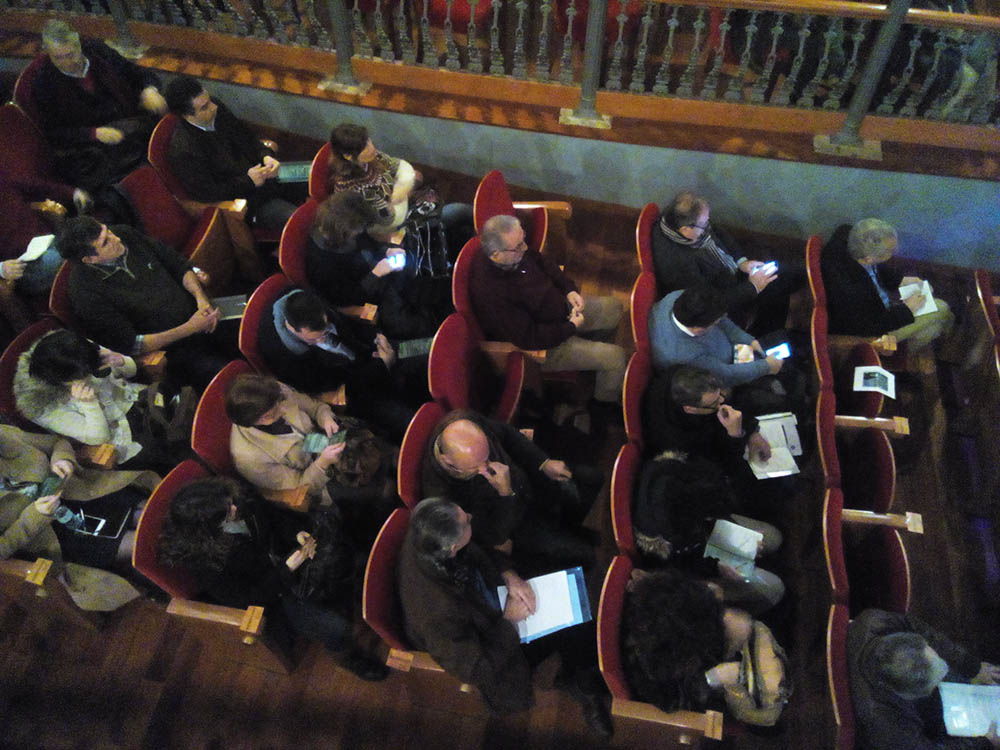
This classification with a national degree has, from the outset, the advantage of not being hindered by the possible new opposition of Grupo Nogueira, the northern business group that owns what remains of the Alisuper supermarket chain in the Algarve, and which, in May 2014, at a public auction and surprisingly, he bought the estate (the mobile collection) of the Cork Museum, overriding the bids of the Chamber of Silves, which also wanted to buy it.
Since then, and as the Mayor Rosa Palma recalled at the Forum, in June 2014, the municipality began a proposal to classify the Cork Museum estate as being of municipal interest, since the buildings themselves, all the Fábrica do Inglês complex, the immovable part, was already classified with this municipal grade.
However, at the moment when immobile – purchased by Caixa Geral de Depósitos at the same auction in May 2014 - And mobile came to belong to two different private entities, it became clear that it was necessary to guarantee an official status of protection for the estate, since, as highlighted by Mayor Rosa Palma and other stakeholders throughout the eight hours of the Forum, "the classification seizes the movable estate to the immovable place". set that has equity interest as a whole and not The pieces.
Now, added the mayor of Silvez, Grupo Nogueira was opposed to this classification with a degree of municipal protection, despite the eight official letters sent by the Chamber of Silves to the company, complemented by three meetings, asking for its authorization for the classification of the estate or , alternatively, to offer to buy it.
João Nogueira, son of the Group's founder, who was also invited to the Forum, even as an APOM partner, admitted that he had said no, thus making it impossible to classify the estate he bought at the auction with municipal grade. In declarations to the Sul Informação, the businessman said: «we did not give the approval to this classification until all the positions referring to the Museum are defined. I have to have the guarantee that they will let me in and visit what is mine afterwards. I don't authorize now, but I'm the first to authorize as soon as all positions are clarified”.
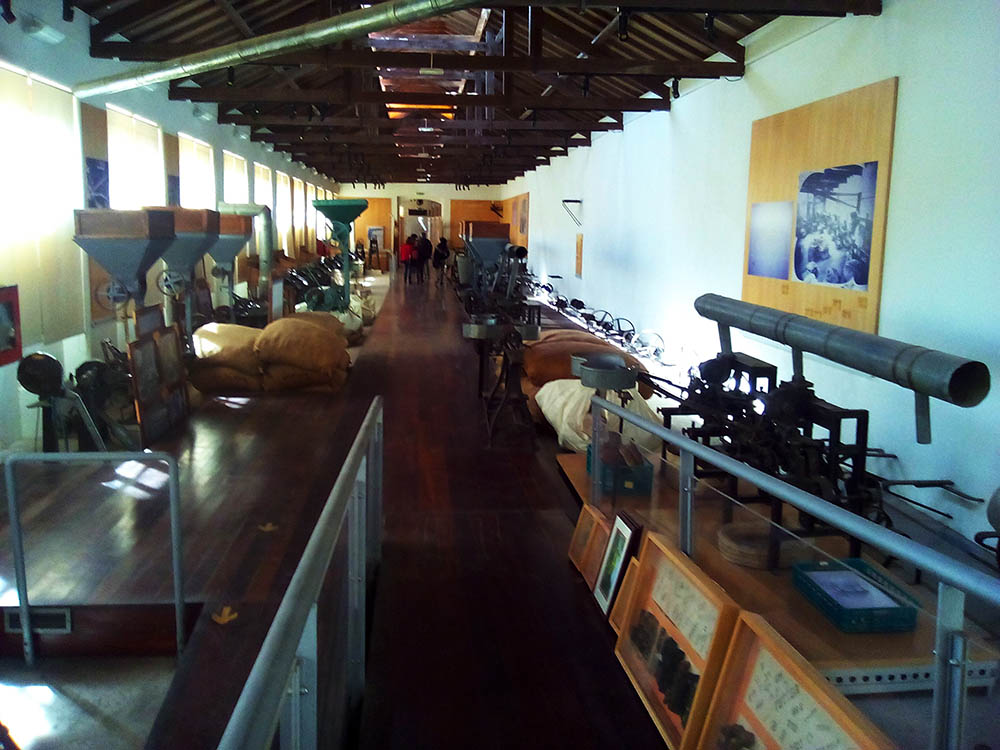
However, with this request for classification as "property of public interest", the "possible opposition of Grupo Nogueira" is no longer an obstacle. Rui Parreira, from the Regional Directorate of Culture, explained to our newspaper that such opposition can be maintained, but now “it is not binding, contrary to what happens in the process of classification of heritage as of municipal interest, in which the position the owner of the property is absolutely binding'.
Rui Parreira added that "the position of all interested parties will of course be considered", but even if there is opposition, the classification will go forward, as long as the arguments presented by APAI to request this status for Fábrica do Inglês are accepted, including movable and immovable heritage. In other words, whether you oppose it or not, if the Directorate-General for Cultural Heritage decides to go ahead with the process – which is predictable – and the Minister of Culture approves – which is also predictable – it will be of little use for Grupo Nogueira to maintain the your put your foot down as to the estate it owns.
The curious thing is that, in this as in other cases, there is no hunger that does not give in abundance. At the moment, there are two processes underway - one relating to movable property, at the initiative of the Municipality of Silves, which decided in October to open a new classification procedure after the previous one was filed, due to the absence of the owner of the assets, and a second classification procedure, the one launched last week by APAI, which proposes the classification of the property, integrated assets and movable assets that constitute the Cork Museum collection, to a national level, probably as property of public interest.
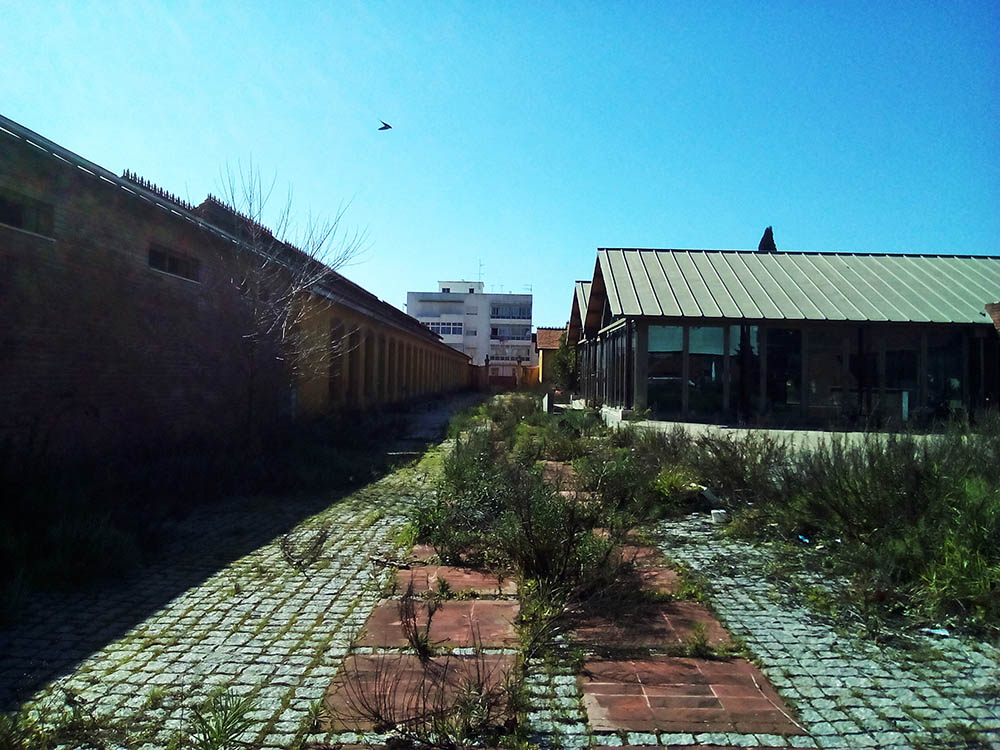
But don't think that the classification, if it were to happen, would mean that the Cork Museum could open its doors, the very next day or in the near future.
«Finding and defining the solution for the future for the reopening of the Cork Museum at Fábrica do Inglês, in Silves», was, in fact, the main objective of the Forum which, for a whole day on Saturday, led the debate at around 50 people who were at the small Teatro Mascarenhas Gregório.
But one important piece of this whole imbroglio was absent: the Caixa Geral de Depósitos which, at the public auction in May 2014, bought the buildings, including the Cork Museum.
Despite being invited, CGD sent only one email, read on the forum, which informed that it could not be present because there was a "judicial pending on the property in question, which prevents us from taking positions in relation to it".
What does CGD refer to? As if the case were not complicated enough, Millenium BCP is now claiming credits from CGD in relation to the process, which means that the buildings have not yet been registered in Caixa's name… which also justifies the fact that not even respond to the official letters sent by the Chamber, which claims that, taking into account the protection status of the Fábrica do Inglês complex, CGD should at least keep the premises in clean and safe conditions.
Something that, as the forum participants found during the visit – authorized by the insolvency administrator – made to Fábrica do Inglês and the Cork Museum, does not happen at all! What was seen there was «open doors, vandalized installations, accumulated garbage, herbs growing everywhere, with the roots spoiling the cultural property», as summarized Rui Parreira, from the Regional Directorate of Culture.
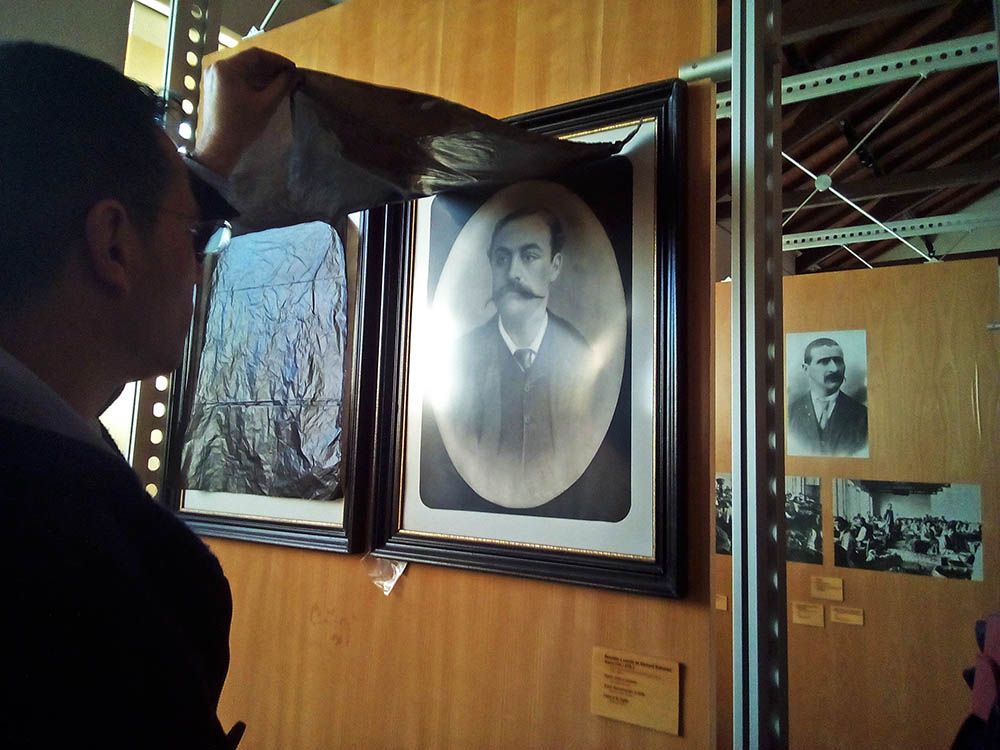
Another element contributing to the dark cloud that hangs over the future of the Cork Museum – closed since 2010 – has to do, as mentioned before, with the difficulty in understanding the Nogueira Group's intentions when buying the museum's assets auction and what your current intentions are.
On the sidelines of the Forum, João Nogueira spoke to the Sul Informação that his intention is to "reopen the museum" and guaranteed that he is "willing to invest money" in this purpose, although it seems to him that the best solution would be "a partnership between two, three or four parties, in which we are the owners of the estate and others explore the museum».
«The Nogueira Group bought and, like all companies that invest, it wants to have a return», he insisted afterwards during the debate. What “return” a company can have on an investment in a cultural asset, in addition to the prestige that would accrue to placing it at the service of the community, was something that the entrepreneur did not explain.
João Nogueira also revealed that the Group joined the APOM (Portuguese Association of Museology) «from the first hour we bought the estate». A member with an original profile since, although APOM has, among its members, private entities that own museums, this will be the first, if not the first, times that the association accepts a member who is only the owner of a collection. .
But the fact that he is a member of APOM explains the strong defense that João Neto, president of this entity, made of Grupo Nogueira, on several occasions, during the forum. João Neto, during his afternoon speech, turned to the businessman and said: “thank you to Grupo Nogueira, for not letting that heritage go to waste”.
A statement that caused some astonishment in the room, since, as is public knowledge, the business group bought the Cork Museum estate during the public auction, bidding against the Câmara de Silves, which also wanted to buy it. That is, even if Grupo Nogueira had not acquired the museum's collection (and even inflated the base price at auction), it would not be unprotected, nor would it fall into the hands of those who did not want to respect it, since the other interested buyer was the local authority, which had even entered a budget in its Municipal Budget, and the public, for that purpose...
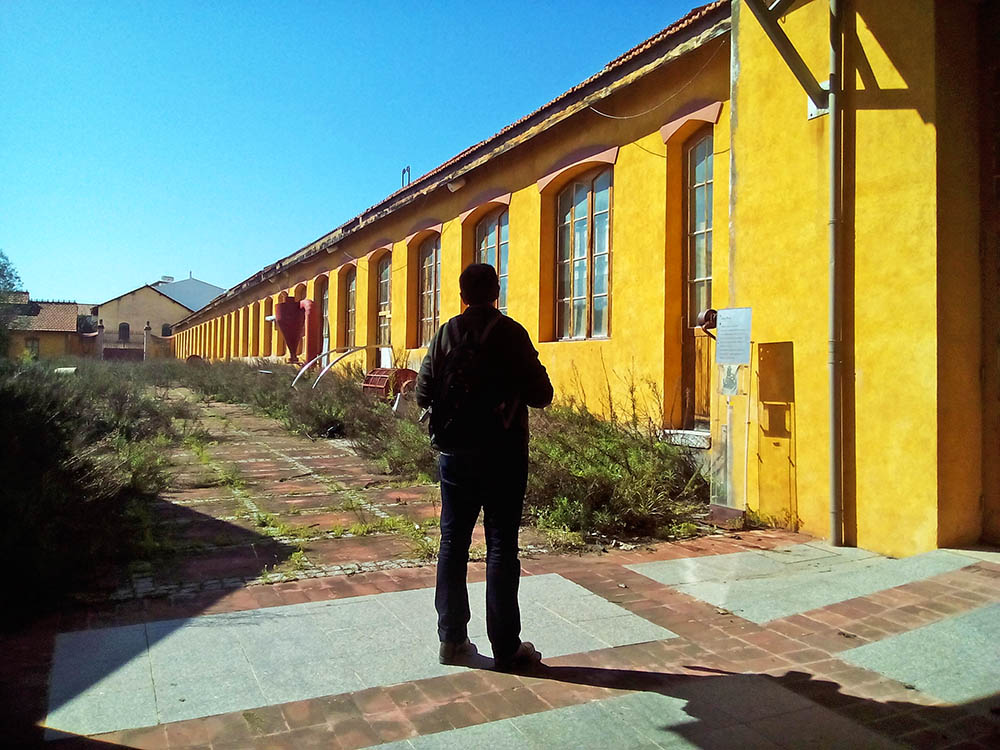
Another attraction for this bonfire that threatens to consume the Cork Museum, awarded with the “Luigi Micheletti” prize for the best European industrial museum, in the already distant year of 2001, is the fact that, despite all its vaunted good faith and With good intentions, Alisuper/Alicoop, the company currently owned by the Nogueira Group in the Algarve – and which was linked to the previous owner of Fábrica do Inglês and the Cork Museum – is again in the process of insolvency, with wages in arrears and serious difficulties in keeping its remaining 26 supermarkets open.
This was highlighted, with the direct style known to him, by José Viola, former mayor of Silves, who ended up putting his finger on one of the many wounds in this process: «what credibility can this group give when it is once again bankrupt ?»
Jorge Custódio, president of Portuguese Association of Industrial Archeology (APAI), author of the initial museology project of the Cork Museum, today also involved in the attempt to "enable the continuity" of this structure, namely through the proposal for a national grade classification of Fábrica do Inglês and all its movable and immovable heritage, stressed the value of this complex, as a "document" and "monument of industrial civilization".
Classifying it as a «palimpsest», with its various layers, the Fábrica do Inglês represents, in that expert's opinion, «the most primitive model of the manufacturing plant», which no longer exists in Europe, and the «implementation of the industrial system English» in Portugal. "It is a mistake to separate two batches of realities that are one," he insisted.
As for the current state of abandonment and vandalization of the complex, Jorge Custódio announced that APAI "will require CGD or whoever is the owner" to take care of the space, because that is its legal duty. "APAI will send CGD a request for clarification on this situation, because, according to the law, it has the obligation to protect and maintain the space." If there is no response or action, the association really intends, Jorge Custódio would say later, to appeal to the Ombudsman.
"We are not against the private management of the museum, but we must create bridges that aim to define a strategy" that guarantees the future survival, and without setbacks, of the Museum", he also defended.
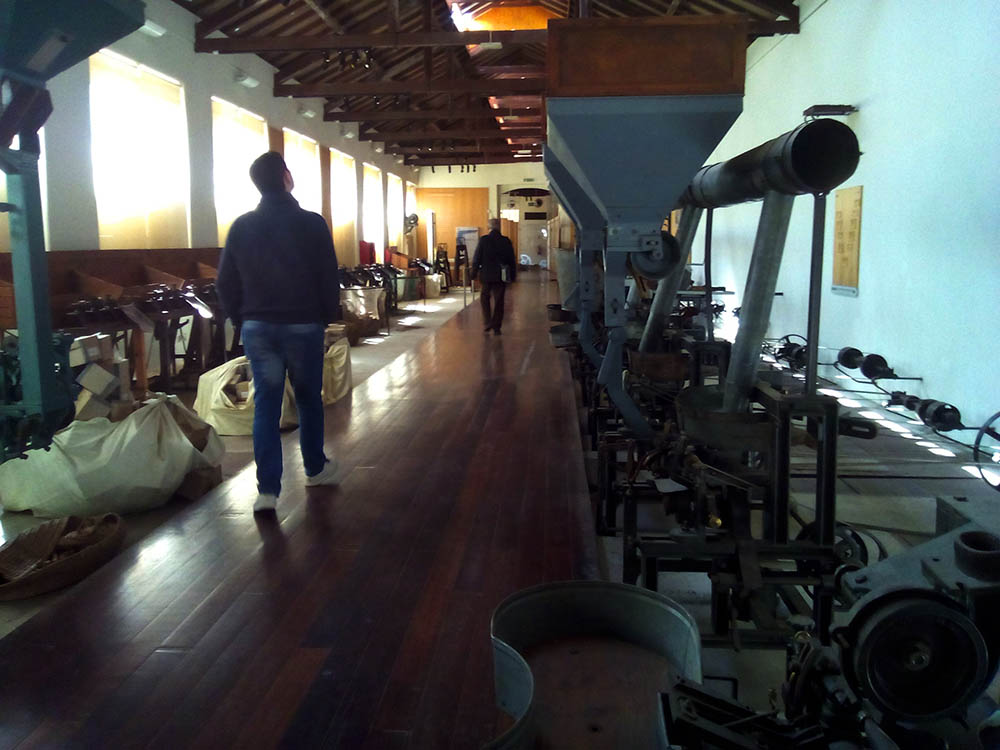
But what future could this be? Simply reopen the Museum, as it was when it closed six years ago, already incomplete?
Manuel Castelo Ramos, who was the director of the Cork Museum, suggested that Fábrica do Inglês could become a kind of Algarve Factory, like the LX Factory, a space open to creativity and innovation.
Also José Gameiro, representing the ICOM, the largest international organization linked to Museums and museum professionals, argued that what matters above all is «the return to the future», defining «which Cork Museum we want, since the same museum, as it was, I don't know if it will be possible».
One can, for example, bring to Silves, in a «more contemporary vision of what a museum is», a «design school or a new way of understanding and approaching cork», in essence, ideas to ensure the sustainability of structure. But one thing is certain, guaranteed José Gameiro: «the museum cannot survive with the space around it empty». Nor without this space.
A final note – as the Cork Museum and Fábrica do Inglês is a theme that has fueled so much political controversy in Silves, it should be noted that none of the opposition councilors – neither the PSD nor the PS – was present at the forum or participated in the debate . Of the Algarve deputies, José Carlos Barros (PSD) was there in the morning, and João Vasconcelos (Left Block), in the afternoon.
Photos: Elisabete Rodrigues|Sul Informação
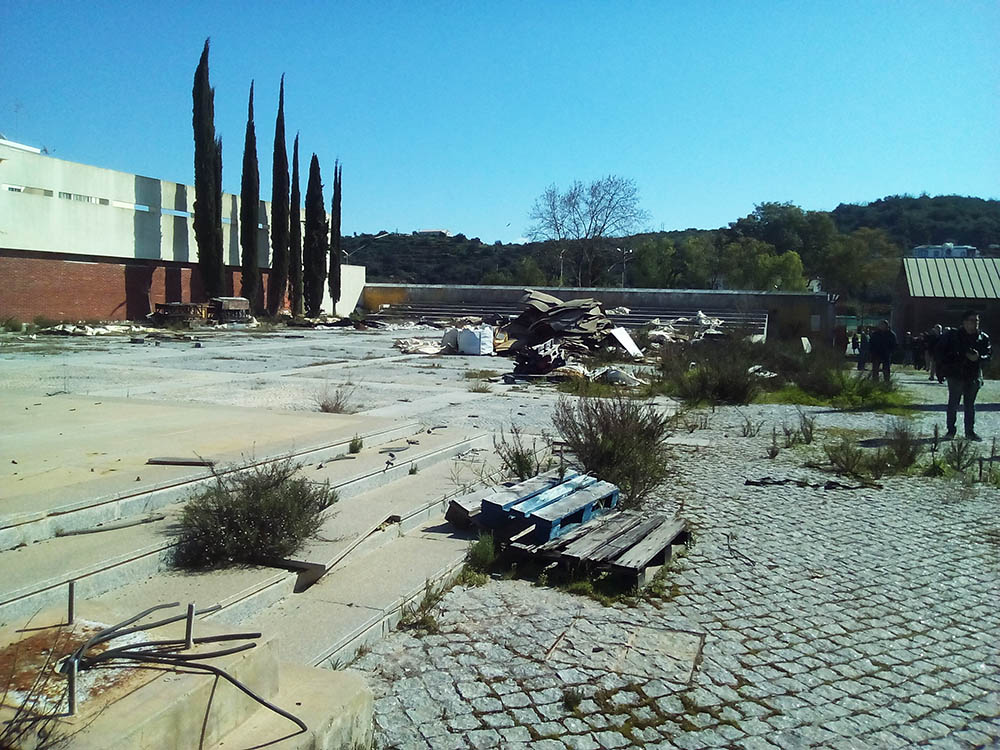
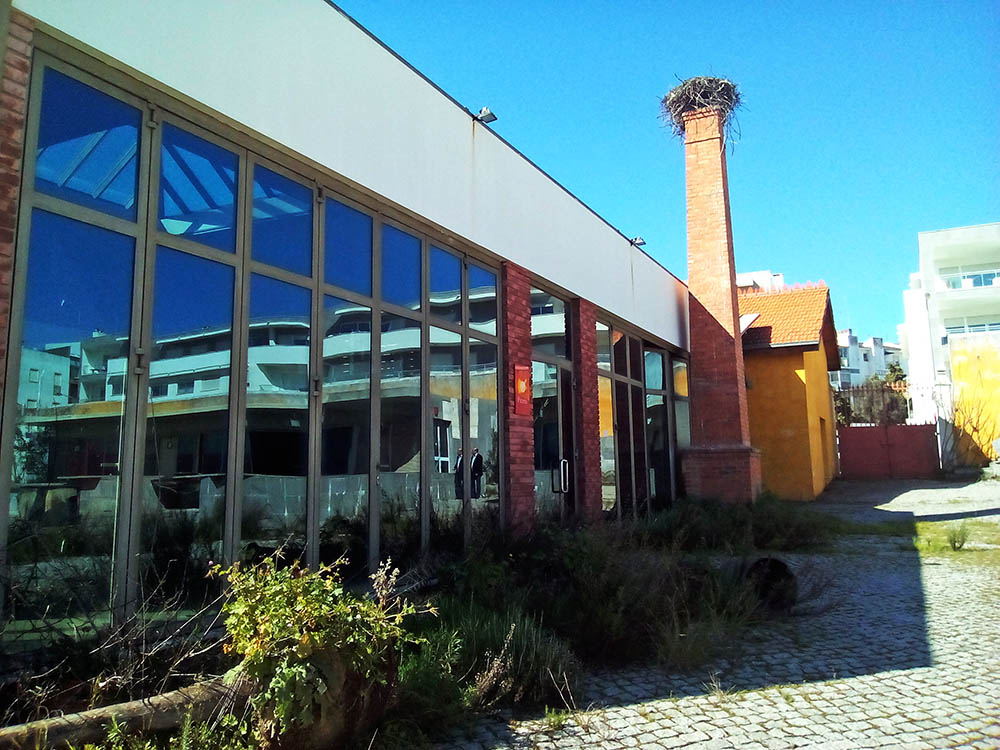
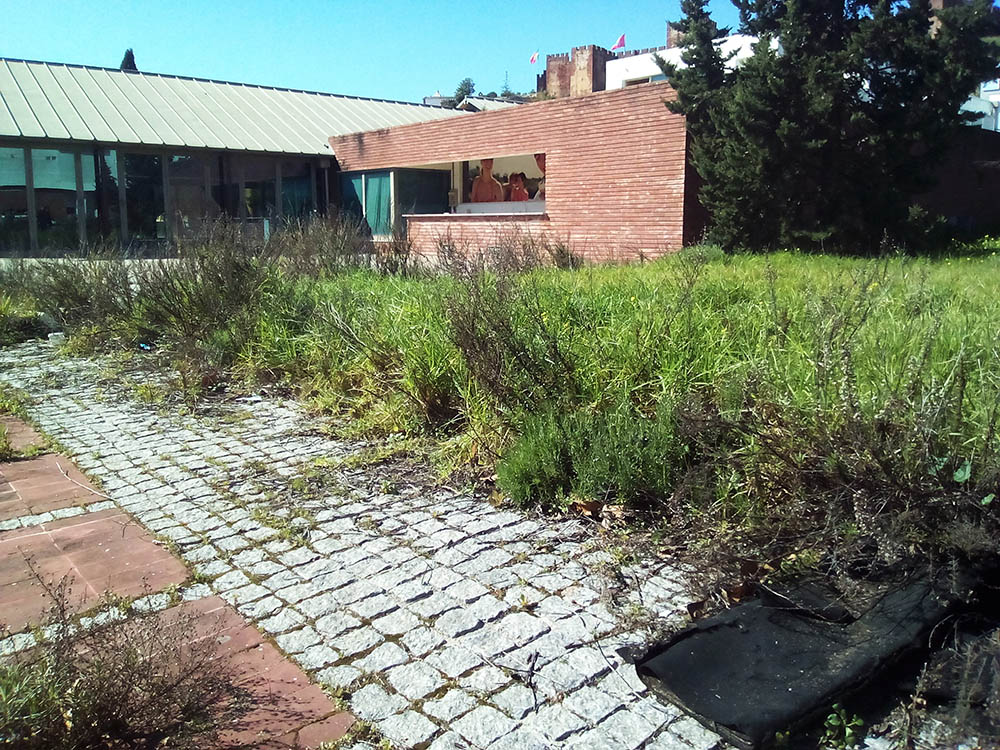
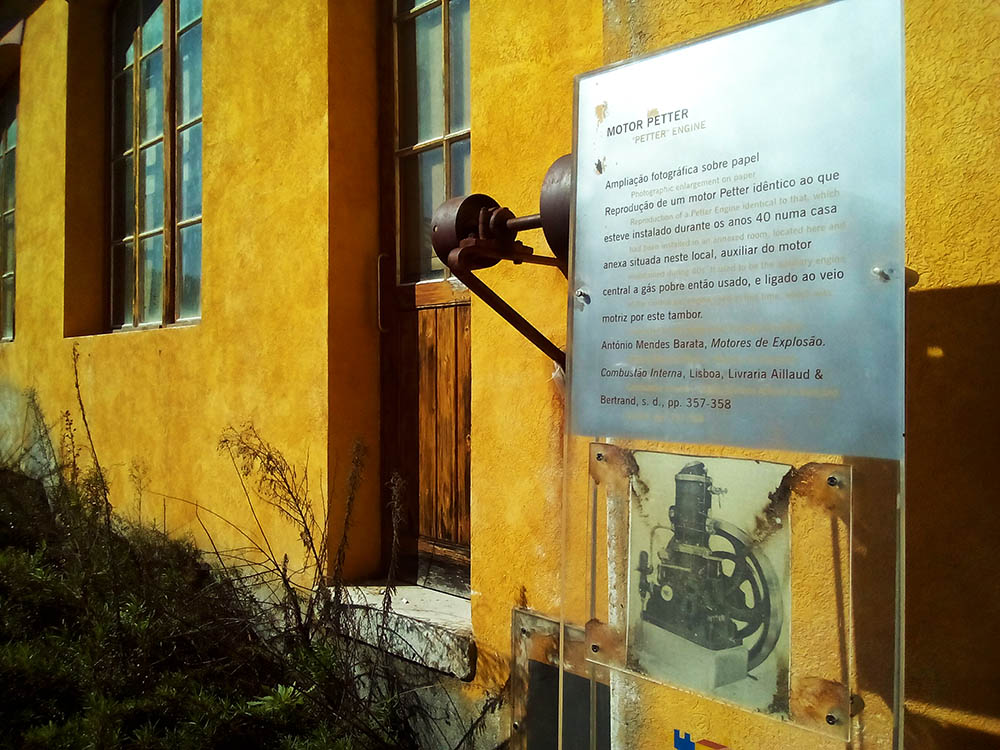
















Comments